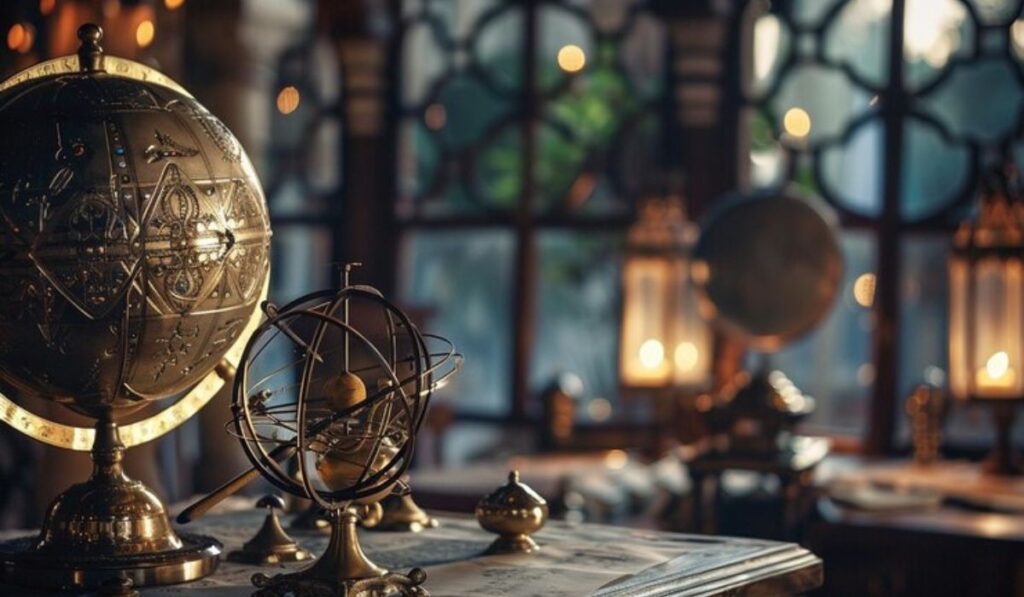Provenzal, a region known for its picturesque landscapes, historic charm, and delectable cuisine, holds a special place in the heart of France. Nestled in the southeastern part of the country, Provence boasts a rich cultural heritage that draws visitors from around the globe. This article delves into the captivating history, vibrant culture, and mouthwatering culinary traditions of Provenzal.
Historical Overview
Ancient Roots and Roman Influence
Provence’s history stretches back to ancient times when it was inhabited by the Ligures and Celts. The region gained prominence during the Roman era, becoming an essential part of the Roman Empire. The remnants of Roman architecture, such as the amphitheaters in Arles and Nîmes, stand as testaments to this illustrious period. The Roman influence left an indelible mark on Provence’s culture, language, and infrastructure.
Medieval Era and the Rise of Provençal Identity
During the medieval era, Provence was a hub of artistic and intellectual activity. The region witnessed the flourishing of the troubadour tradition, with poets and musicians crafting lyrical works in the Provençal language. This period also saw the construction of magnificent castles, churches, and abbeys, many of which still grace the Provençal landscape. The medieval period solidified Provence’s unique identity, blending Roman heritage with regional customs.
Cultural Vibrancy
Festivals and Traditions
Provenzal is renowned for its vibrant festivals that celebrate the region’s rich cultural heritage. The Fête de la Lavande, held in July, is a tribute to the iconic lavender fields of Provence. The festival features parades, music, and the harvest of lavender, creating a fragrant and colorful spectacle. Another significant event is the Festival d’Avignon, a world-renowned theater festival that transforms the city into a bustling hub of artistic expression every summer.
Art and Literature
Provence has long been a haven for artists and writers. The region’s stunning landscapes have inspired countless painters, including the famous Post-Impressionist artist Vincent van Gogh, who created some of his most iconic works while living in Arles. Provençal literature also boasts notable figures such as Frédéric Mistral, a Nobel Prize-winning poet who played a crucial role in preserving the Provençal language and culture.
Culinary Delights
Traditional Provençal Cuisine
Provençal cuisine is a delightful fusion of Mediterranean flavors, emphasizing fresh, local ingredients. The region is known for its aromatic herbs, olive oil, and sun-ripened vegetables. Traditional dishes like ratatouille, bouillabaisse, and tapenade are staples of Provençal gastronomy. Ratatouille, a vegetable stew, exemplifies the simplicity and richness of Provençal cooking, while bouillabaisse, a hearty fish stew, showcases the region’s coastal influence.
Wine and Vineyards
Provence is also celebrated for its wine production, particularly its rosé wines. The region’s vineyards benefit from the Mediterranean climate, producing wines with a distinct character. The Côtes de Provence is the largest appellation in the region, known for its crisp and refreshing rosé wines. A visit to a Provençal vineyard offers a chance to sample these exquisite wines and learn about the winemaking process.
Conclusion
Provenzal is a region that seamlessly blends history, culture, and cuisine into a unique and enchanting experience. From its ancient Roman roots to its vibrant festivals and world-class cuisine, Provence captures the essence of French charm and elegance. Exploring this captivating region offers a journey through time, tantalizing the senses and enriching the soul. Whether wandering through lavender fields, savoring a glass of rosé, or immersing oneself in the arts, Provence leaves an indelible impression on all who visit.







